Vietnam’s Path to TTDI Top 30 by 2030: From “Cheap” to “Valuable” – Removing Three Key Bottlenecks
Safety and affordability may sustain short-term appeal, but to break into the global Top 30, Vietnam’s tourism must pivot toward a new strategy: infrastructure – openness – sustainability.
According to the World Economic Forum’s Travel & Tourism Development Index (TTDI) 2024, Vietnam ranks 59th out of 119 economies, falling seven places from 2022 and still lagging behind ASEAN peers such as Singapore, Indonesia, Malaysia, and Thailand. While strengths in Safety & Security (23rd) and Price Competitiveness (16th) provide a solid foundation, weaknesses in Tourism Services Infrastructure (80th) and Prioritization of Tourism in Policy (98th) remain critical bottlenecks. The government has set ambitious targets: 25 million international visitors in 2025 and a leap into the TTDI Top 30 by 2030. To achieve this, Vietnam must shift from a “cheap destination” mindset to a “value-driven” strategy, tackling infrastructure gaps, enhancing openness, and embedding sustainability—while defining a clear national brand anchored in safety, seamlessness, and cultural richness.
Interview with Dr. Phạm Hà – Chairman & CEO of LuxGroup
Interviewer: Is “safety” a true competitive advantage for Vietnam?
Dr. Phạm Hà: “Safety is indeed our strongest competitive edge today and must be preserved. But it only becomes a true brand when it is experienced: through transport, healthcare, service processes, smiles, and human warmth. Safety must be felt, lived, and delivered consistently—only then can it evolve into a national tourism brand.”
👉 He emphasizes that Vietnam still lacks a coherent narrative and sustainability framework to elevate “safety” into a defining national brand.
Interviewer: Can low prices remain Vietnam’s main advantage?
Dr. Phạm Hà: “Low prices are a short-term advantage. For long-term competitiveness, Vietnam must shift to competing on value. That value lies in differentiated experiences rooted in nature, culture, cuisine, and people; in professional service quality; and in a true commitment to sustainability. Travelers are willing to pay more for peace of mind, heartfelt service, and emotionally resonant experiences.”
👉 He suggests using the letters of VIETNAM to define a new value proposition: Varied landscapes – Indigenous culture – Exotic beaches – Truly emotional – Nature – Ancient cities – Memories.
Interviewer: What potential advantages are underutilized?
Dr. Phạm Hà: “Vietnam holds tremendous potential in natural and cultural resources, in its young workforce, in digital applications, and in community-based green tourism models. Yet these advantages have not been fully translated into distinctive products.”
👉 He points to marine and river tourism—highlighted in the Party’s Resolution 36—as still limited to “tourism by the water’s edge.” To achieve sustainability, Vietnam must transform nature, culture, cuisine, and people into unique experiences under an ESG framework that balances environment, economy, and society.
Interviewer: What are the main bottlenecks?
Dr. Phạm Hà: “Five bottlenecks continue to hold back Vietnam’s tourism:
1. Slow-moving policies and lack of breakthrough mechanisms.
2. Workforce quality that does not yet meet premium service demands.
3. Weak destination management and fragmented product development.
4. Unclear national brand positioning; ineffective promotion lacking emotionally engaging stories.
5. Insufficient data for decision-making—despite talk of digital transformation, reliable industry data is still missing.”
👉 Without addressing these, Vietnam’s strengths will remain mere potential, not true competitiveness.
Interviewer: What is your vision for the next 10 years?
Dr. Phạm Hà: “In the next decade, Vietnam’s strengths will lie in three pillars: tourism, agriculture, and information technology. For tourism, regional competitiveness comes from our magnificent landscapes, rich culture, diverse cuisine, and friendly people. When framed within ESG principles—pursuing Net Zero and creating Net Positive Impact—these values will replace ‘cheap’ as our defining advantage, allowing Vietnam’s tourism to break through and reach the world stage.”
Closing statement by Dr. Phạm Hà:
“Cheap is only for today. Sustainable value is for tomorrow.”
